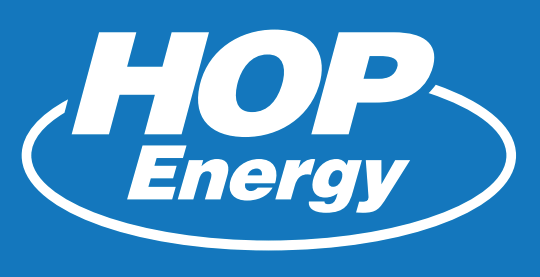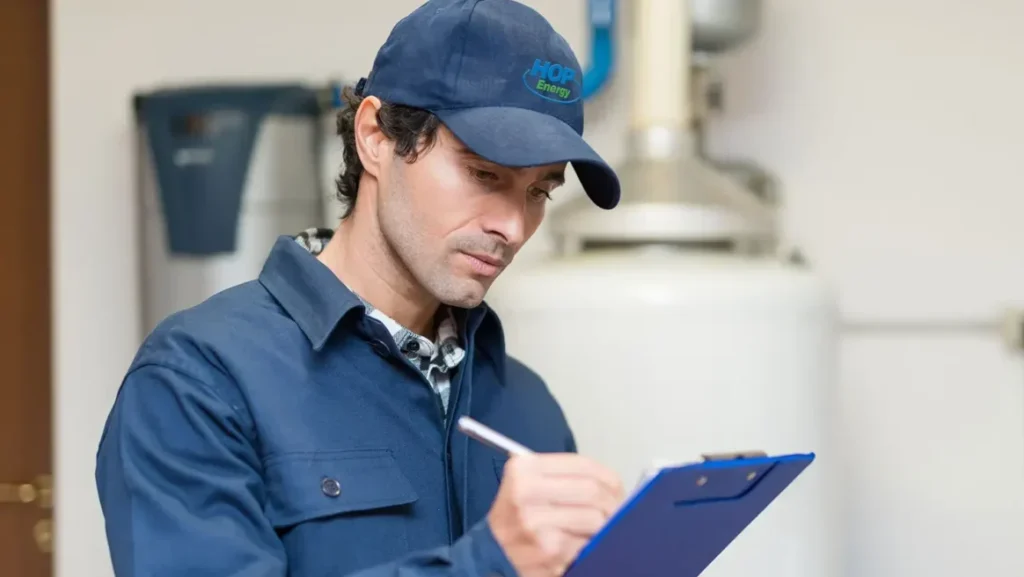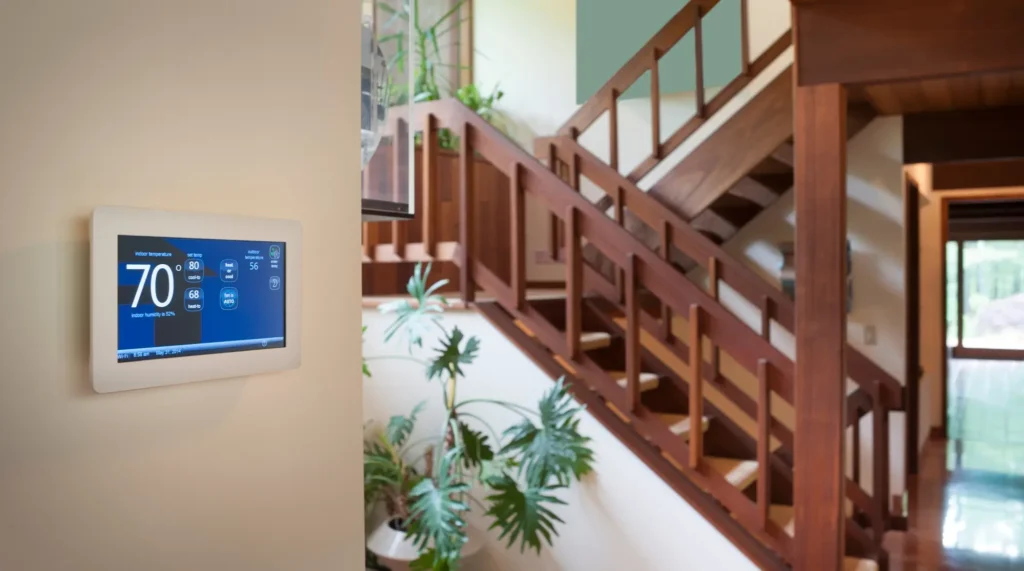When it comes to installing a new heating system in their homes, many homeowners find themselves comparing heat pumps and furnaces. To help you make the right choice for your home, let’s first define these popular heating systems.
What is a Heat Pump?
A heat pump serves as both an air conditioner during hot weather and a heater during cold weather. There are two main types of heat pumps. Air source heat pumps use outdoor air to heat and cool your home, while geothermal or ground source heat pumps collect and redistribute heat from the earth. Essentially, a heat pump works by constantly moving warm air from one place to another. In winter, it extracts heat from the air or ground and transfers it inside your home. In summer, it removes hot air from inside your home, resulting in a cooler indoor environment.
How Does an Oil or Natural Gas Furnace Work?
An oil or natural gas furnace generates its own heat. When indoor temperatures drop, the furnace receives a signal and sends fuel to the burners inside a combustion chamber. A pilot light ignites the burners, which heat the heat exchanger. A blower fan then circulates the hot air throughout the home.
Heat Pump vs. Furnace
Now that you understand how these systems generate heat, let’s discuss the pros and cons of each.
Energy Efficiency
Heat pumps are renowned for their energy efficiency, as they can transfer 300 percent more energy than they consume. However, comparing the efficiency of a heat pump to that of an oil furnace is more complex in colder climates. Most sources suggest that furnaces perform better in terms of heating efficiency, particularly in colder regions.
Comfort
While both heating systems produce heat for your home, the air from a heat pump isn’t as hot as the air from a furnace. However, heat pumps circulate naturally humid air, which may reduce the need for a whole-house humidifier. Additionally, both systems can accommodate air cleaners to improve indoor air quality.
Lifespan and Maintenance
Furnaces, with proper maintenance, can last over 20 years, whereas the lifespan of a heat pump is typically around 15 years. Furnaces also have fewer mechanical parts than heat pumps, resulting in fewer potential malfunctions.
Choosing the Right Heating System for You
While reputable sources may suggest using a heat pump as the main heating and cooling source to lower energy costs and reduce greenhouse gas emissions, it’s important to consider your unique situation. A heat pump may be suitable if you need to replace both your heating unit and air conditioner, live in an area with low electric rates and a mild climate, and are prepared for potentially higher installation costs.
The technology surrounding heat pumps is continually improving, making air source heat pumps more effective in colder temperatures. However, some recommend having a backup heat source when installing this system in Northern states.
An oil furnace may be the right choice for those living in cold climates. However, homeowners will need to purchase air conditioners or a separate cooling unit to address their summer comfort needs. As furnaces burn fuel and produce carbon monoxide, it’s essential to equip your home with carbon monoxide detectors for safety.
Learn More About Heat Pumps and Oil Furnaces from HOP Energy
We understand that you have many questions about which heat source is best for you. Instead of further delving into the heat pump versus furnace debate, we encourage you to schedule a free in-home consultation with a HOP Energy technician.
HOP Energy offers a variety of HVAC systems and brands and can answer all your questions regarding gas furnaces, oil-fired furnaces, or heat pump systems. We’ll discuss the pros and cons of each option and determine whether your home is better suited for an indoor or outdoor unit. We’ll also explore which system can help you save money on your monthly energy bills.
In addition, HOP Energy provides heating and cooling system repair and maintenance services and can assist you in improving the air quality in your home. Fill out the contact form on our website to get in touch with us before the temperatures start to drop.




